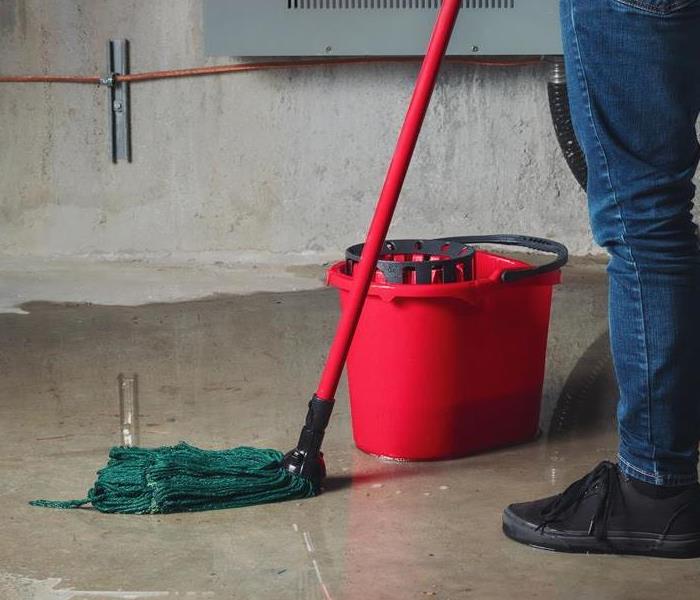Defending Against Water Damage: Effective Strategies for Preventing Water Loss
7/20/2023 (Permalink)
Water damage can be a costly and disruptive ordeal for any property owner. Whether it's caused by a burst pipe, leaky roof, or a faulty appliance, water loss can lead to structural damage, mold growth, and the loss of valuable belongings. The good news is that with proactive measures and regular maintenance, you can significantly reduce the risk of water damage and protect your property. In this blog, we will explore effective strategies and practical tips for preventing water loss and preserving the integrity of your home or business.
Inspect and Maintain Plumbing Systems
Regularly inspect your plumbing system for signs of leaks, corrosion, or damage. Check for drips, puddles, or unusual sounds that may indicate an issue. Replace worn-out washers, faulty seals, or damaged pipes promptly. Consider scheduling professional plumbing inspections to identify hidden leaks or potential problems before they escalate.
Maintain Roof and Gutters
A well-maintained roof is crucial in preventing water intrusion. Inspect your roof for missing shingles, cracks, or damaged flashing. Clean your gutters and downspouts regularly to ensure proper water drainage. Clogged gutters can lead to overflowing water, which may seep into the walls or foundation. Trim overhanging tree branches near the roof to prevent damage from falling limbs during storms.
Install and Monitor Water Leak Detection Devices
Invest in water leak detection devices, such as sensors, alarms, or smart leak detectors. These devices can quickly detect leaks, abnormal moisture levels, or changes in water flow and alert you in real-time. Place them near appliances, water heaters, under sinks, and in basements or crawl spaces to catch leaks early and prevent extensive damage.
Be Mindful of Appliance Maintenance
Regularly inspect and maintain household appliances that use water, such as washing machines, dishwashers, and refrigerators with water dispensers. Check hoses and connections for signs of wear or leaks and replace them if necessary. Follow manufacturer guidelines for cleaning and maintenance to ensure optimal performance and prevent water-related mishaps.
Properly Seal Windows and Doors
Ensure that windows and doors are properly sealed to prevent water infiltration during heavy rain or storms. Inspect and replace damaged weatherstripping and caulk gaps or cracks around frames. Proper sealing not only prevents water from entering but also enhances energy efficiency by reducing drafts.
Install Sump Pump and Backup Systems
For properties prone to basement flooding or excess groundwater, consider installing a sump pump. A sump pump automatically removes water from the basement, preventing flooding and water damage. Additionally, installing a backup sump pump or a battery-powered backup system ensures continued operation during power outages.
Know Your Water Main Shut-off Valve
Familiarize yourself with the location of your water main shut-off valve. In case of a sudden water leak or pipe burst, shutting off the main water supply promptly can minimize damage. Regularly test the valve to ensure it is in proper working condition.
Preventing water loss requires a proactive approach and regular maintenance of your property's systems and infrastructure. By inspecting and maintaining plumbing systems, monitoring appliances, and addressing potential issues promptly, you can significantly reduce the risk of water damage. Additionally, taking measures to maintain your roof, gutters, and sealing openings will fortify your property's defense against water intrusion. Remember, vigilance and preparedness are key in protecting your home or business from the costly and disruptive effects of water loss.


 24/7 Emergency Service
24/7 Emergency Service
